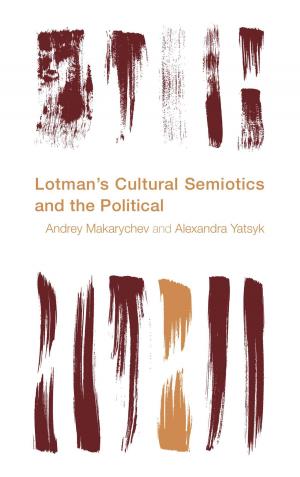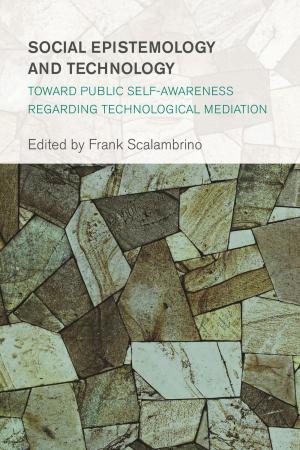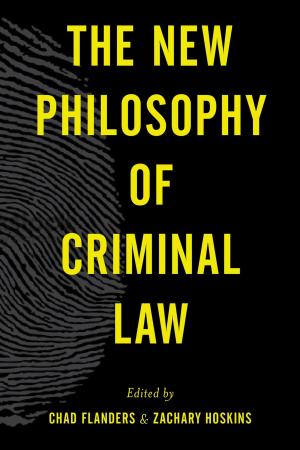Performative Contradiction and the Romanian Revolution
Nonfiction, Social & Cultural Studies, Political Science, International, Religion & Spirituality, Philosophy| Author: | Jolan Bogdan | ISBN: | 9781783488742 |
| Publisher: | Rowman & Littlefield International | Publication: | March 29, 2017 |
| Imprint: | Rowman & Littlefield International | Language: | English |
| Author: | Jolan Bogdan |
| ISBN: | 9781783488742 |
| Publisher: | Rowman & Littlefield International |
| Publication: | March 29, 2017 |
| Imprint: | Rowman & Littlefield International |
| Language: | English |
The Romanian Revolution of 1989 ended 42 years of Communist rule. It was the bloodiest revolution in a Warsaw Pact country, culminating in the overthrow and execution of Nicolae Ceaușescu. However, there was no major democratic reform and power remained in the hands of key figures from the old regime. This has led many theorists to question the authenticity of the entire revolution.
Performative Contradiction and the Romanian Revolution focuses-in on the circumstances which led to these accusations. It argues that the notion of an authentic revolution, as a conceptual paradigm, is neither a sufficient, appropriate, nor useful tool for an analysis of the events in Romania. Engaging with the work of theorists including Stieglar, Agamben, Baudrillard, Badiou, Spinoza and Derrida it argues that performative contradiction is a more useful theoretical model for exploring this event. Applying the concept to specific cases within the revolution, the book demonstrates the power of performative contradiction as an analytic tool.
The Romanian Revolution of 1989 ended 42 years of Communist rule. It was the bloodiest revolution in a Warsaw Pact country, culminating in the overthrow and execution of Nicolae Ceaușescu. However, there was no major democratic reform and power remained in the hands of key figures from the old regime. This has led many theorists to question the authenticity of the entire revolution.
Performative Contradiction and the Romanian Revolution focuses-in on the circumstances which led to these accusations. It argues that the notion of an authentic revolution, as a conceptual paradigm, is neither a sufficient, appropriate, nor useful tool for an analysis of the events in Romania. Engaging with the work of theorists including Stieglar, Agamben, Baudrillard, Badiou, Spinoza and Derrida it argues that performative contradiction is a more useful theoretical model for exploring this event. Applying the concept to specific cases within the revolution, the book demonstrates the power of performative contradiction as an analytic tool.















